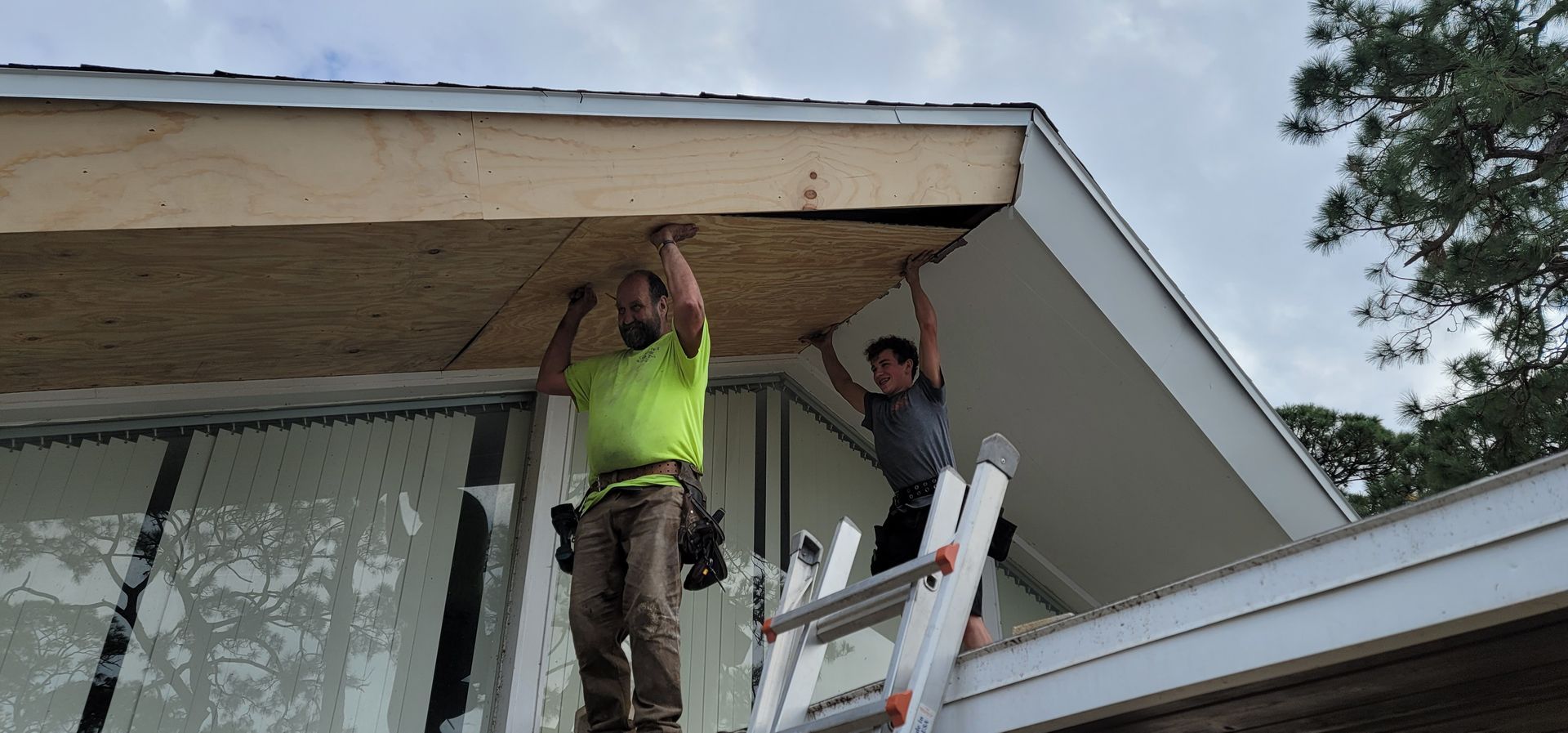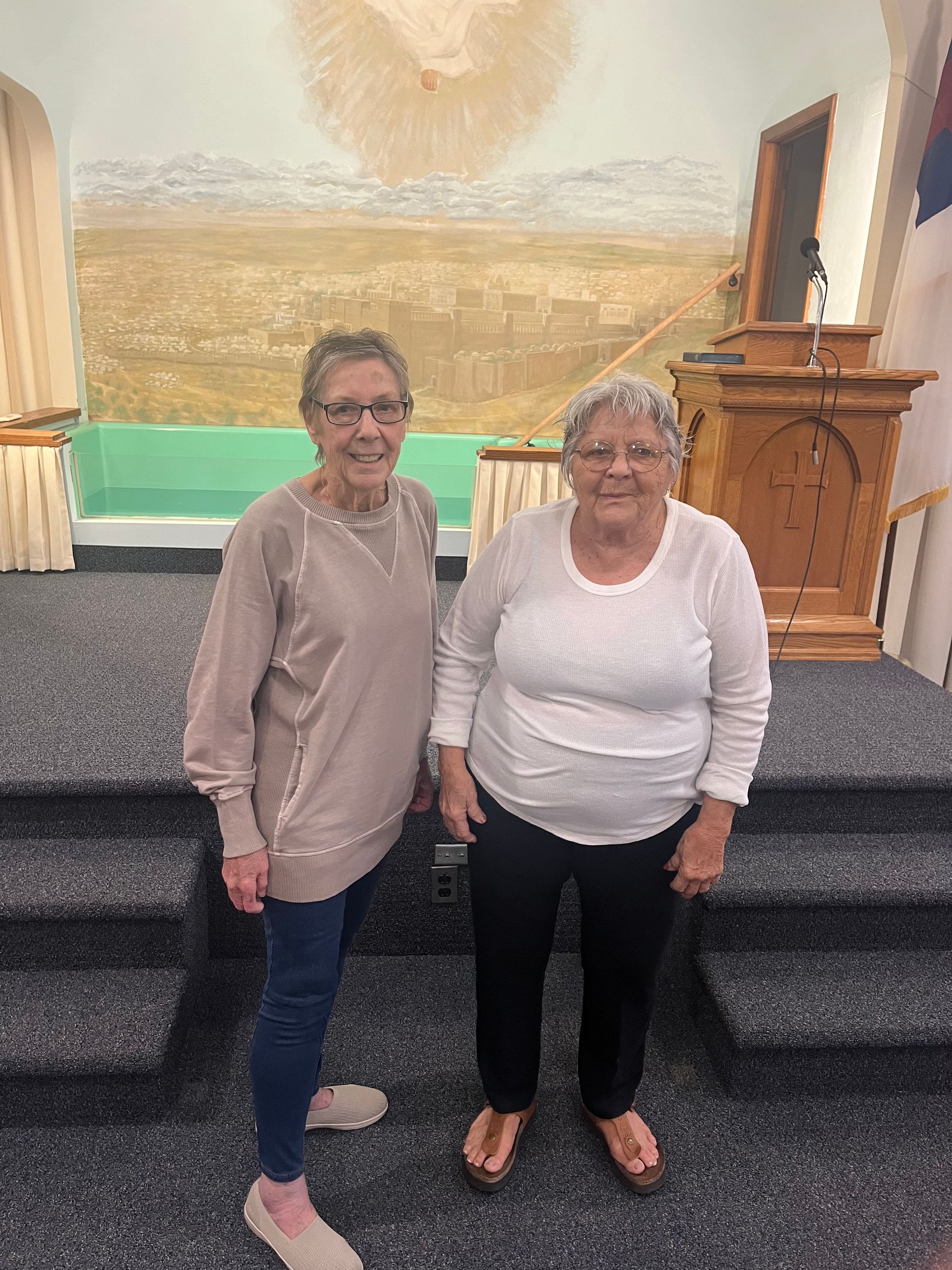The Bi-vocational Chaplain
This article comes from David Miller, a military chaplain in The Brethren Church.
As bi-vocational Pastoring becomes more and more common, many Pastors are looking for a second job that can utilize the skill-sets they have already cultivated through years of Pastoral ministry. When I graduated from seminary in 2012, I was already a Chaplain with the Army National Guard, but I was looking for a full-time career that would allow me the freedom to plant house/cell churches without needing to take a salary from the church. Through my Pastoral experience, I had developed a gift for teaching and believed I could put this to good use out in the world. I dove head first into the public school system and taught Middle School Physics and then English before I quickly got burned out.
So after two years of teaching, I took the summer vacation to pray and search for God’s leading. I ended up in a three month CPE (Clinical Pastoral Education) course at a hospital in Louisville, Kentucky. This opened my eyes to a world of Pastoral ministry that I had not previously considered. Before, I saw hospital Chaplaincy as a somewhat lesser form of ministry. Real Pastors were in the Church, not the hospital. What I learned during that summer of CPE was that God opens doors for ministry in the midst of suffering that is unimaginable, and the hospital is where the suffering congregate. I have since gone through two years of CPE, gaining a specialization in hospice Chaplaincy, which has resulted in opportunities to sit with over 300 men and women during their last days of life and pour out the love of God on each one of them. Some might prefer teaching middle school to spend the majority of your day with those who are dying, but I have found a place where I have an opportunity to join with God as He brings life into a place of death on a daily basis. Instead of getting burned out as I did with teaching, I feel a refreshing sense of renewal through this work.
Now, hospital Chaplaincy is not for everyone. Pastoring a flock of entirely sick, dying, and very needy people may sound like a chapter right out of Dante’s Inferno to you. If so, Military Chaplaincy may have crossed your mind at some point. Pastors from many various denominations are flocking into the military as full-time senior Pastorates are dwindling. Some, like me, have joined as a part-time job to supplement income and provide affordable quality health insurance while getting to minister in a unique context, while others have joined the active duty force, working full-time as an Army, Marine, Navy, Air Force, or Coast Guard Chaplain.
We as Brethren though have a unique challenge in serving as a military Chaplain. We have deep roots as a church of peace and are even recognized by the United States government as a pacifist denomination, by which our members can legally claim to be conscientious objectors. We are against both violence and war. So for a Brethren Pastor to join the military, even as a Chaplain, it is important for us to struggle with the tension between being a person of peace in the example of Jesus Christ and serving as Pastor/Chaplain to those who are being prepared for combat. Are we able to teach, comfort, counsel, pray with, and disciple Soldiers? This is an important question not only for the individual pastor but for us to struggle with together as Brethren.
Bi-vocational pastoring appears to be on the rise, so don’t be taken off guard when it’s your turn. As you are considering taking on another job, I would encourage you to look for the vocation that God is calling you to, because you will find that it is a place of rich ministry whether it be as a Teacher, Professor, Chaplain, Painter, or Tentmaker. Get excited! God is on the move!










